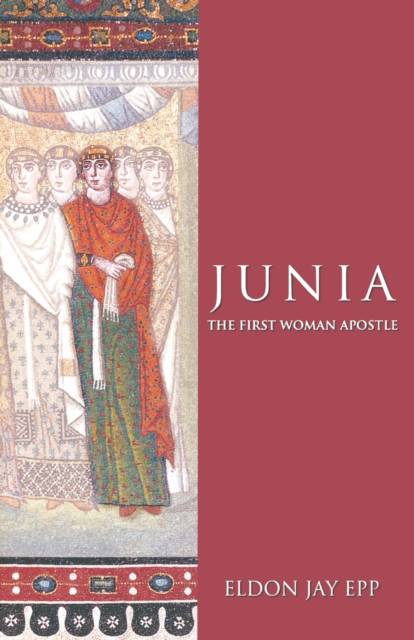
- Afhalen na 1 uur in een winkel met voorraad
- Gratis thuislevering in België vanaf € 30
- Ruim aanbod met 7 miljoen producten
- Afhalen na 1 uur in een winkel met voorraad
- Gratis thuislevering in België vanaf € 30
- Ruim aanbod met 7 miljoen producten
Omschrijving
The name "Junia" appears in Romans 16:7, and Paul identifies her (along with Andronicus) as "prominent among the apostles." In this important work, Epp investigates the mysterious disappearance of Junia from the traditions of the church. Because later theologians and scribes could not believe (or wanted to suppress) that Paul had numbered a woman among the earliest churches' apostles, Junia's name was changed in Romans to a masculine form. Despite the fact that the earliest churches met in homes and that other women were clearly leaders in the churches (e.g., Prisca and Lydia), calling Junia an apostle seemed too much for the tradition. Epp tracks how this happened in New Testament manuscripts, scribal traditions, and translations of the Bible. In this thoroughgoing study, Epp restores Junia to her rightful place.
Specificaties
Betrokkenen
- Auteur(s):
- Uitgeverij:
Inhoud
- Aantal bladzijden:
- 156
- Taal:
- Engels
Eigenschappen
- Productcode (EAN):
- 9780800637712
- Verschijningsdatum:
- 22/09/2005
- Uitvoering:
- Paperback
- Formaat:
- Trade paperback (VS)
- Afmetingen:
- 142 mm x 216 mm
- Gewicht:
- 244 g

Alleen bij Standaard Boekhandel
Beoordelingen
We publiceren alleen reviews die voldoen aan de voorwaarden voor reviews. Bekijk onze voorwaarden voor reviews.








